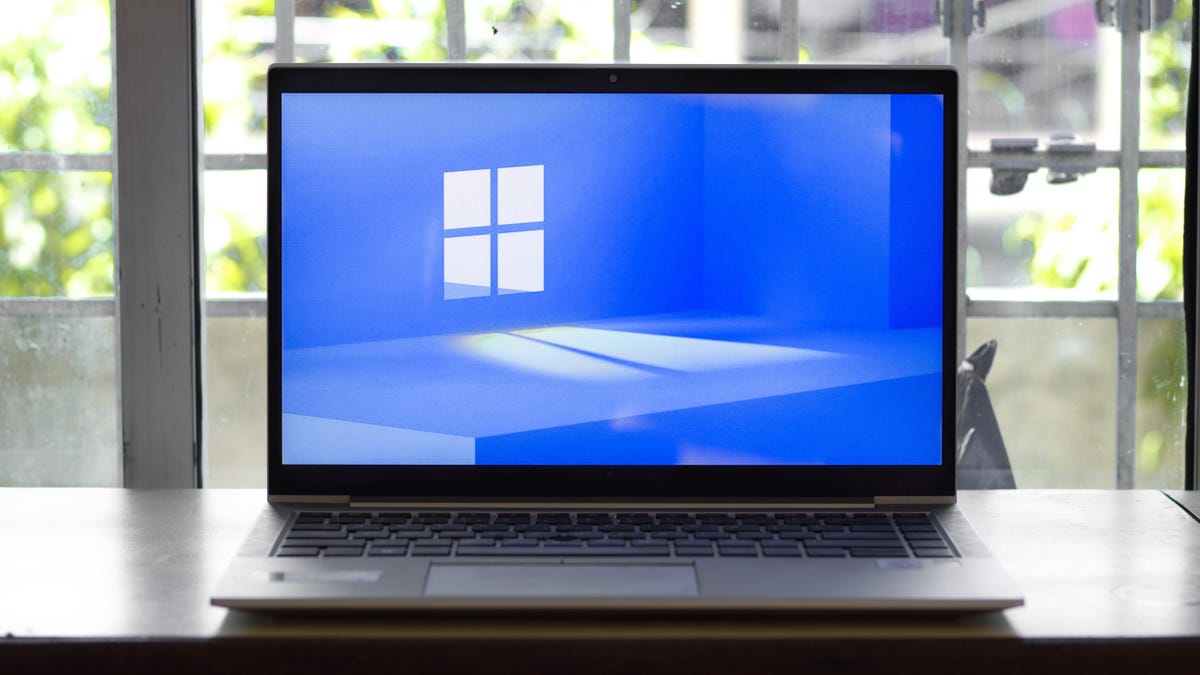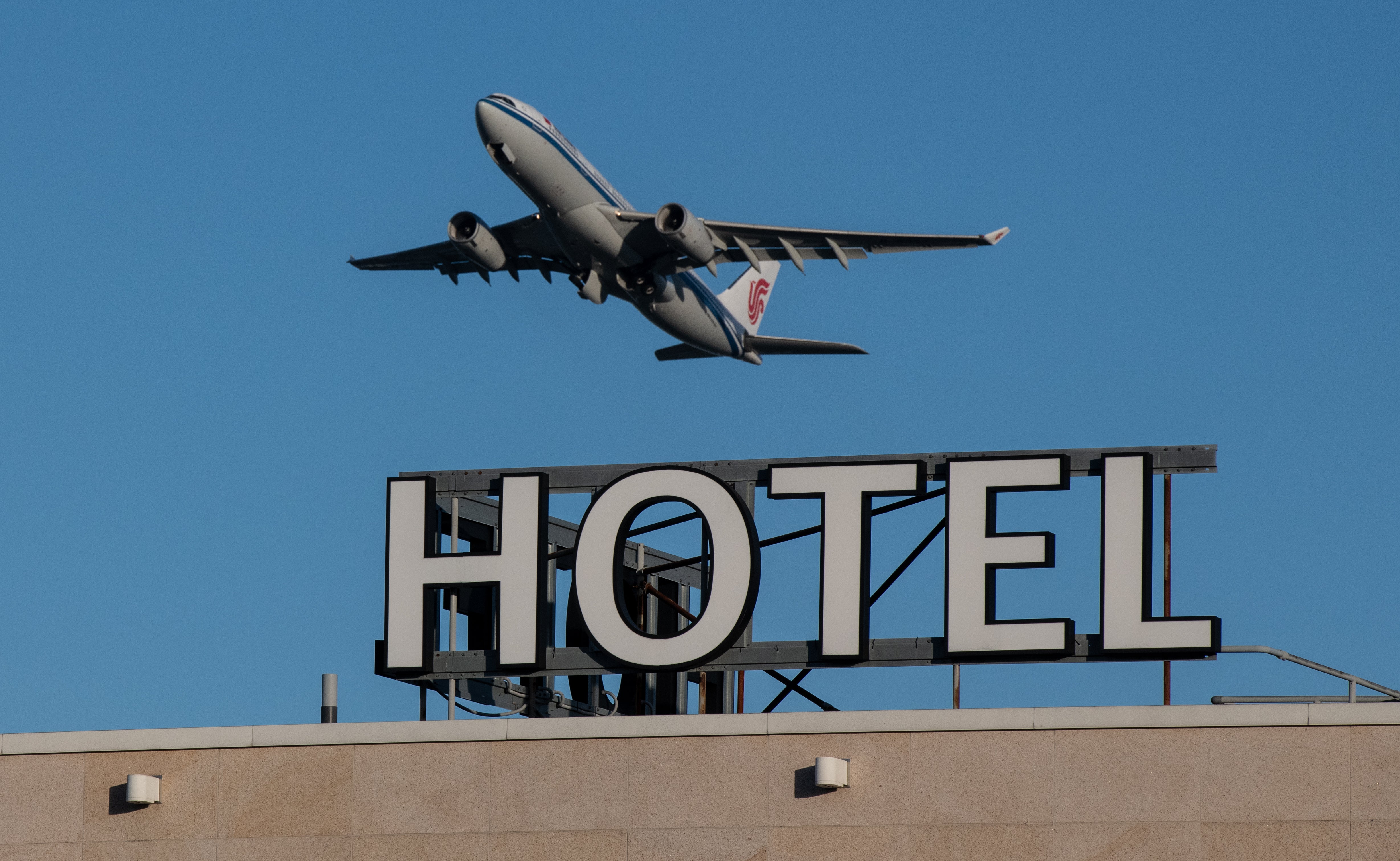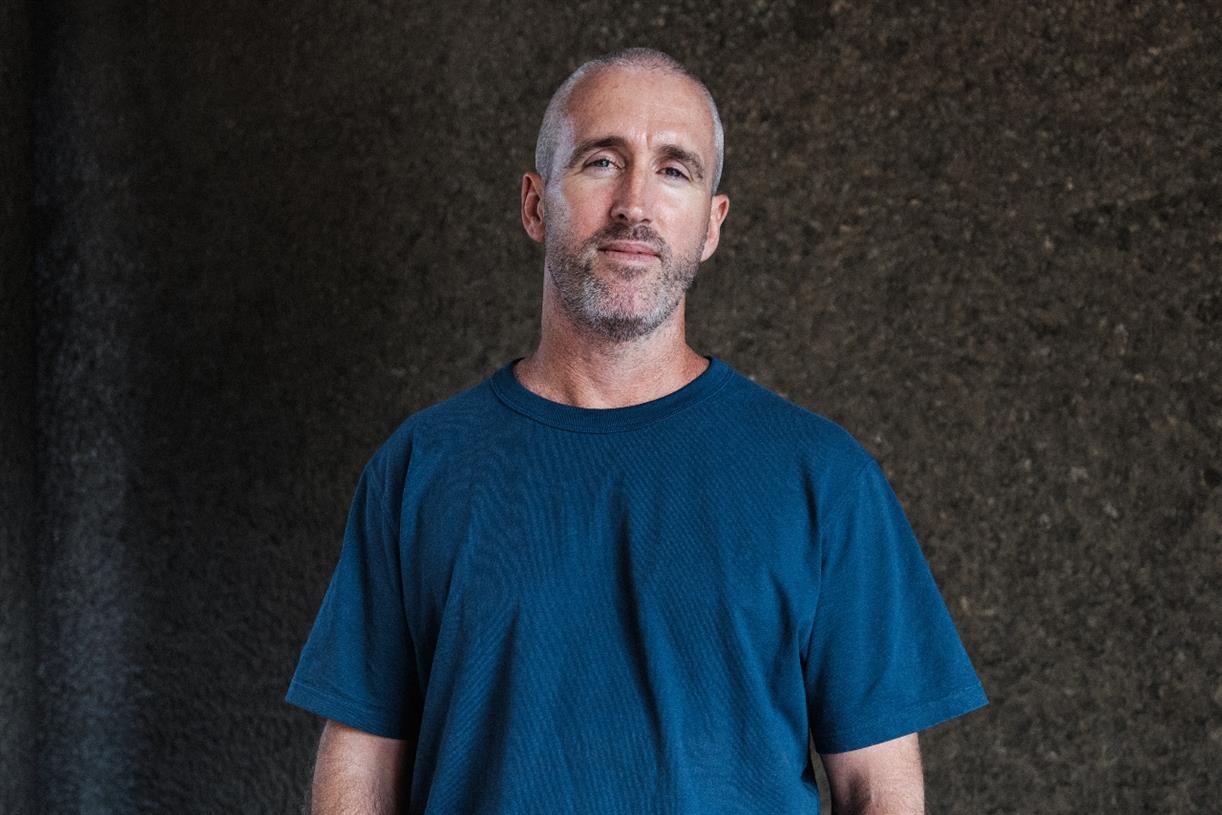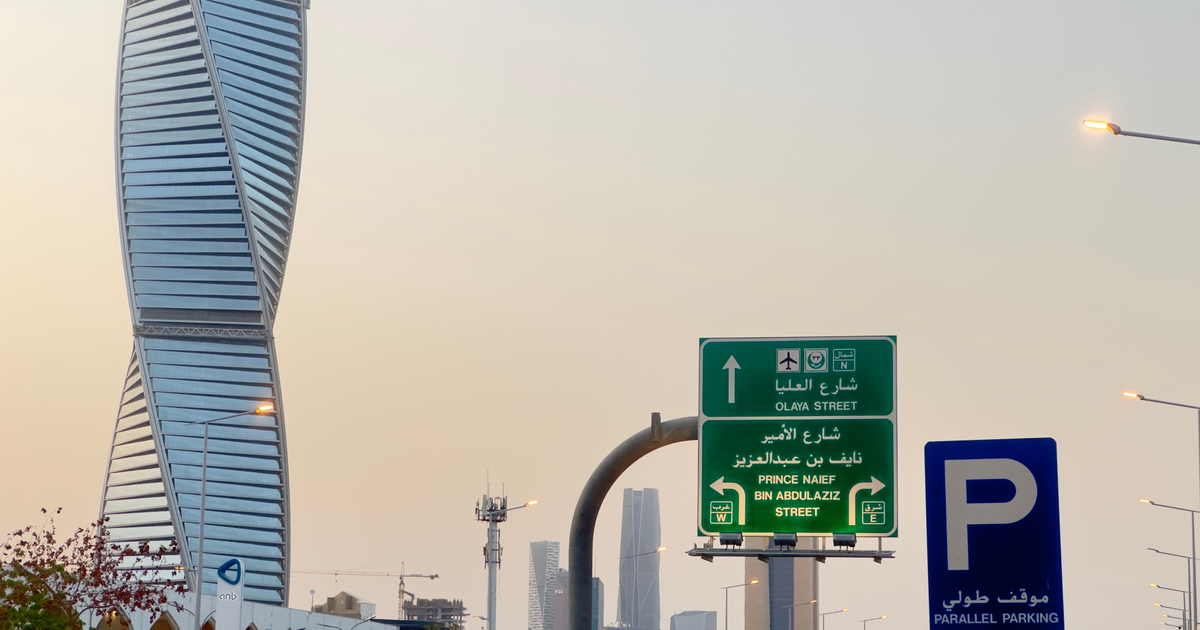British Airways chaos: Travellers’ rights explained after hundreds of flights cancelled this weekend
Tens of thousands of passengers had flights cancelled or were heavily delayed – but BA has not specified the compensation they are due

“We’re operating our planned schedule today,” says British Airways – after a weekend that saw hundreds of flights cancelled and tens of thousands of passengers stranded as a result of what BA calls “systems issues”.
British Airways has given customers whose journeys were disrupted a letter of apology. But it doesn’t spell out the rights of travellers. This is a summary of what happened and what you are entitled to.
What went wrong?
“Significant technical challenges” affected “multiple British Airways systems”, the airline says. Once again, BA’s creaking IT structure failed – affecting everything from the passenger-facing website and app to the essential departure control systems. British Airways insists it was not a Russian hack.
Passengers faced a similar meltdown two years ago and in 2017 – when a bank holiday weekend’s worth of flights were wiped out by a system outage that apparently happened during some routine IT maintenance.
Is it fixed now?
Yes. British Airways says “we’ve resolved the systems issues”. The IT network appeared to have been restored to normal working on Saturday evening – but only after much of the day’s short-haul flying programme was cancelled.
But the flight network continued to be hit on Sunday. With planes, pilots and passengers out of positions, BA made dozens more cancellations.
The airline warns passengers on Monday: “Heathrow Terminal 5 is expected to be extremely busy.
“For the comfort of everyone travelling from the terminal, we’re asking customers not to turn up for their flights more than three hours ahead of their departure time.”
If a flight is cancelled, what are my rights?
European air passengers’ rights rules, which were transposed to UK legislation after Brexit, are clear – and apply to every airline flying from the UK, and flights to the UK by British and EU airlines.
Whatever the cause of the cancellation, the carrier is obliged to find you an alternative flight that will get you to your destination as soon as possible after your original arrival time.
If the airline can rebook you on one of its flights on the same day, it may do so – rather than buy you a ticket on another carrier.
For example, if your 7am flight to Frankfurt is cancelled, the airline can put you on its 5pm departure rather than booking you on a 12 noon flight on a rival – though it will then need to provide meals as appropriate for the length of the delay.
What if there are no other flights on the same airline?
This was the case for an estimated 50,000-plus British Airways passengers on Saturday. Fortunately, air passengers’ rights rules as interpreted by the Civil Aviation Authority (CAA) are clear. If there is an alternative means to get you to your destination on the right day, BA must provide that transportation – usually a flight, but for services within Great Britain or to Paris, Amsterdam or Brussels, it could be a train.
Airlines will generally seek to find space on other flights operated by partner airlines (for British Airways, that means Aer Lingus of Ireland and Iberia of Spain – both part of the same IAG conglomerate).
For other routes, they will focus on airlines with whom they have disruption agreements – eg BA and Lufthansa of Germany. But legally if the only way to get a stranded passenger to their destination on the right day is to buy a fresh ticket on an “unrelated” airline, eg easyJet or Ryanair, the carrier that cancelled the flight must do so.
Was that what British Airways said?
Not explicitly. The Independent has seen the letter BA issued to passengers whose flights were cancelled. It says: “You can either accept the replacement flight we’ve suggested for you or review alternatives which might be more suitable”. Typically these are later British Airways departures.
If I book a new flight myself, can I claim the cost back?
Legally, I believe so, as long as you can demonstrate the cancelling airline did not offer you a flight on the same day as your original trip.
It will help if you can show that you made efforts to ask the airline to comply with its obligations, for example by phoning – while many people are reporting it has been nigh-impossible to get through to BA, mobile phone evidence of attempting to do so could help.
You should always strive to keep the cost as low as possible, though if the only remaining seats are in business class on another airline, the cancelling carrier must pay.
What about overnight stays?
When hundreds of flights are cancelled over a weekend, it is inevitable that tens of thousands of passengers will be stranded overnight. Airlines are obliged to book and pay for rooms.
British Airways is clear that if you prefer to book your own room, you may do so. BA says: “If you would prefer to book your own accommodation, we can guarantee we will cover it to make sure you’re not out of pocket.”
However, the airline then immediately appears to contradict its guarantee by saying: “British Airways will cover hotel rooms up to £200 (based on two people sharing) without question.”
This appears to be unsustainable. If the surge in demand in the Swiss city of Geneva caused by the cancellation of nine BA flights means the cheapest room is £300, it is difficult to imagine that the airline could refuse the claim.
Conversely, though, if someone stranded at Heathrow decides to book a suite at the Ritz in London’s Mayfair for £1,000, that would be reasonably refused.
Is ground transportation covered?
Yes, again if it is proportionate. A taxi to a local hotel and back to the airport next day should be covered, unless the cancelling airline has laid on buses.
The Independent has also heard from passengers who have flown into Birmingham (no flights to London being available) and then taken a taxi, price £250, to their home in east London.
Assuming the fast and fairly frequent trains to London were still running, this would not be a reasonable claim and is likely to be rebutted.
What about meals?
Once your appointed departure time has come and gone, the airline is responsible for providing meals in reasonable proportion to the waiting time. It may offer vouchers: if these are plainly inadequate (for example €5 for dinner at an airport) then you should be able to claim for reasonable extra spending. Alcohol is never included. All expenses should be properly receipted – ie not just a credit-card payment slip.
The cancelling airline may offer meals as part of a hotel package, in which case no further expenses will be accepted.
What about cash compensation?
British Airways, to its credit, has taken full responsibility for its failure, saying: “We know this is an unforgiveable situation and apologies don’t go far enough to express our regret over the situation we know we have put you in.”
It is clearly responsible for compensating all the passengers whose flights were cancelled or significantly delayed.
But BA fails then to spell out that they are entitled to cash compensation. This is despite the law clearly stating: “An operating air carrier denying boarding or cancelling a flight shall provide each passenger affected with a written notice setting out the rules for compensation and assistance.”
The airline says that the obligation to pay between £220 and £520 per passenger can be found in a link in the letter to ba.com/helpme. But the letter refers to this only in the context of reclaiming expenses.
Anyone clicking through will see, under the heading Compensation: “You could also be entitled to compensation for a delayed or cancelled flight under certain circumstances.”
After around 10 more clicks you could, with luck, arrive at this page for claiming the compensation that is due to you.
BA says the form takes 10-15 minutes to complete. No time limit is specified for payment.
What does British Airways say?
A spokesperson told The Independent: “We are deeply sorry for the inconvenience our customers have experienced and thank them for their patience and understanding during this incredibly frustrating period. We’re doing everything we can to get them to their destinations as soon as possible.”

 Hollif
Hollif 































